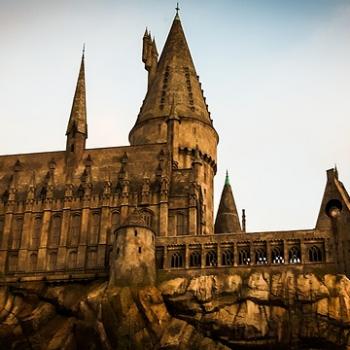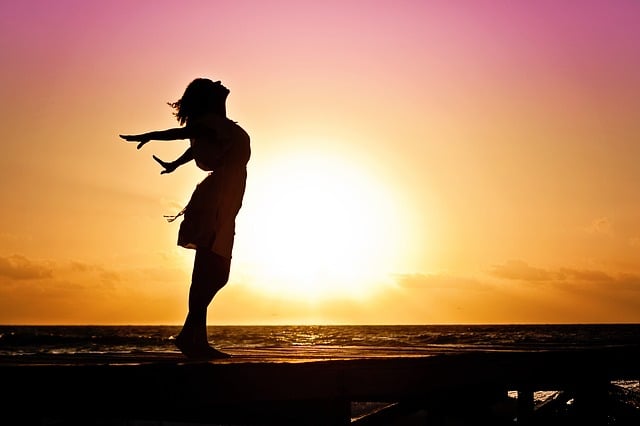I’m in the pharmacy with my 7-year-old son. He points to an item on the shelf and asks, “Daddy, may I have this for Christmas?” I look at what he’s pointing to. It’s a black Darth Vader watch.
So I ask him, “Why do you want this for Christmas?”
To which he responds, “Because all the boys in my class have one.”
Hmm…my dilemma: my son has never seen a Star Wars movie; he knows little or nothing about the film and its characters; yet, he believes it would be cool and make him popular in class to have a Darth Vader watch dangling from his wrist.
With the new Star Wars installment The Force Awakens netting a cool $250 million globally on opening day, my questions are: Has this latest movie in the epic space series simply co-opted an already consumer-infested culture? Or does it contain a deeper mythological template that has something to say to the zeitgeist of the modern era?
To my first question, the answer is an unequivocal “yes.” The entertainment industry would not survive without the merchandise that promotes it. And as for those of us who get suckered into buying Darth Vader watches and the like, I invite you to take a gander at my article on consumerist living.
To the second question, the answer is also a resounding “yes.” Now, I have only seen two Star Wars movies over the years: the original 1977 movie and Attack of the Clones in 2002. To be honest, I’m not a Star Wars groupie, but having read the storyline of Star Wars: The Force Awakens and some decent reviews, it has all the ingredients of a prophetic epic.
The fragmentation of the Republic into the Empire and the Rebel Alliance reflects all too easily the ethnic strife of many countries today. As many minorities struggle for equal rights, equal pay, and equal representation, the Old Guard invariably strikes back with vengeance.
Times like these prompt us to ask: Which side am I on? Do I wear the uniform of the Empire but surreptitiously support the rebellion? Am I just a bystander hoping the conflict will self-destruct because, after all, it’s not my problem? Am I part of the Rebel Alliance but protesting in a militant and inhumane manner? What is the tenor of my engagement? Where do my loyalties lie?
Star Wars as mythology and not merely entertainment can be instructive and inspirational. The characters of the movie powerfully portray the multitude of forces at work within us.
Anakin, for example, personifies our power and prestige cravings. Luke mirrors our deep loyalty to friends. Obi-Wan is the “wise voice” from within that prompts us when to act. Leia is our compassionate heart that feels called to serve humanity. Rey reflects our existential loneliness in the world. And Finn is the part of us that intuits when we’re on the wrong path and need to re-set our mojo.
We all embody these characters traits from time to time as we traverse the undulations of life. We walk, we trip, we get up again — just like these characters. We are kind, we are cruel, we are at peace, we are at war — just like our big screen icons.
We are all amateur actors playing out roles and motifs on a larger stage. The conflict in our lives reflects the war in our stars.
As Imam Ali, the cousin and son-in-law of the Prophet Muhammad, is reported to have said: “Man thinks of himself as a small creature, but inside him is folded up the entire cosmos.”
And that’s why I believe that epic movies like Star Wars, when considered closely enough, have folded up in their characters and plots, the very dramas that we act out on a daily basis — in our homes, workplaces, and on a national and global level.
A new movie with an ancient script. But one that informs and behooves us to get off the fence and, as Mahatma Gandhi has said, “Be the change you wish to see in the world.”
And as you do, “May the Force be with you.”
Cover Photo: Lucasfilm Ltd, 2014













